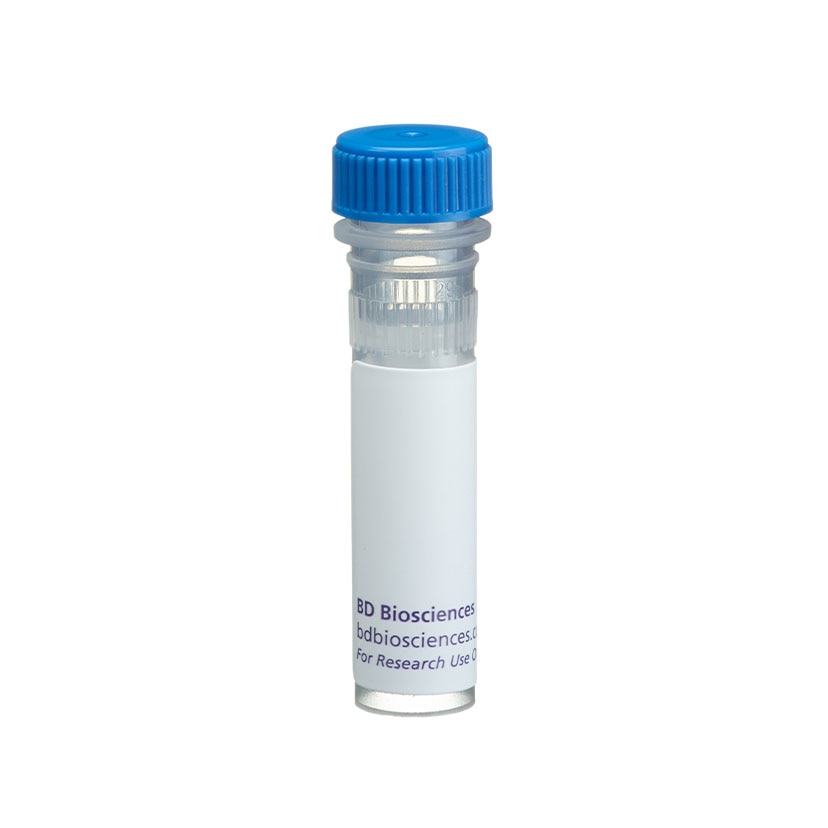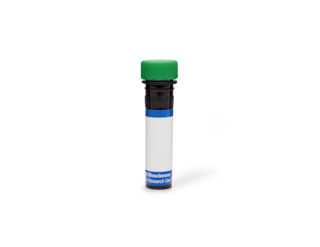-
Reagents
- Flow Cytometry Reagents
-
Western Blotting and Molecular Reagents
- Immunoassay Reagents
-
Single-Cell Multiomics Reagents
- BD® OMICS-Guard Sample Preservation Buffer
- BD® AbSeq Assay
- BD® OMICS-One Immune Profiler Protein Panel
- BD® Single-Cell Multiplexing Kit
- BD Rhapsody™ ATAC-Seq Assays
- BD Rhapsody™ Whole Transcriptome Analysis (WTA) Amplification Kit
- BD Rhapsody™ TCR/BCR Next Multiomic Assays
- BD Rhapsody™ Targeted mRNA Kits
- BD Rhapsody™ Accessory Kits
- BD® OMICS-One Protein Panels
-
Functional Assays
-
Microscopy and Imaging Reagents
-
Cell Preparation and Separation Reagents
-
Thought Leadership
- Product News
- Blogs
-
Scientific Publications
-
Events
- Expanding PARADIGM to Infectious Disease Modeling: HIV & Tuberculosis
- CYTO 2023: Advancing the World of Cytometry
- Advances in Immune Monitoring Series
- Validating Flow Cytometry Assays for Cell Therapy
- Enhancing Cell Analysis with a New Set of Eyes
- BD Biosciences at International Clinical Cytometry Society 2025
Old Browser
This page has been recently translated and is available in French now.
Looks like you're visiting us from {countryName}.
Would you like to stay on the current country site or be switched to your country?
BD Transduction Laboratories™ Purified Mouse Anti-Annexin VI
Clone 73/Annexin VI (RUO)





Western blot analysis of Annexin VI on a Jurkat cell lysate (Human T-cell leukemia; ATCC TIB-152). Lane 1: 1:5000, lane 2: 1:10,000, lane 3: 1:20,000 dilution of the mouse anti-Annexin VI antibody.

Western blot analysis of Annexin VI on a Jurkat cell lysate (Human T-cell leukemia; ATCC TIB-152). Lane 1: 1:5000, lane 2: 1:10,000, lane 3: 1:20,000 dilution of the mouse anti-Annexin VI antibody.

Immunofluorescence staining of WI-38 cells (Human lung fibroblasts; ATCC CCL-75).




Regulatory Status Legend
Any use of products other than the permitted use without the express written authorization of Becton, Dickinson and Company is strictly prohibited.
Preparation And Storage
Recommended Assay Procedures
Western blot: Please refer to http://www.bdbiosciences.com/pharmingen/protocols/Western_Blotting.shtml
Product Notices
- Since applications vary, each investigator should titrate the reagent to obtain optimal results.
- Please refer to www.bdbiosciences.com/us/s/resources for technical protocols.
- Caution: Sodium azide yields highly toxic hydrazoic acid under acidic conditions. Dilute azide compounds in running water before discarding to avoid accumulation of potentially explosive deposits in plumbing.
- Source of all serum proteins is from USDA inspected abattoirs located in the United States.
Companion Products



Annexins are a widely expressed family of Ca[2+] and phospholipid-binding proteins. At least ten have been identified in mammalian tissues. They have also been identified in Drosophila, Hydra, and Dictyostelium. Annexin VI is a 70 kDa member of the annexin family. While most of the other annexin family members have a four amino acid sequence repeat, Annexin VI displays an eight residue repeat. It is a widely expressed protein, found in lymphocytes, neurons, and many other cell types. Work on annexins has addressed the possible role of Annexin VI in various stages of the endocytic pathway. Some studies suggest that Annexin VI is required for coated-vesicle budding. However, other research directly contradicts this data. Thus, the role of Annexin VI is still under investigation.
Development References (5)
-
Babiychuk EB, Draeger A. Annexins in cell membrane dynamics. Ca(2+)-regulated association of lipid microdomains. J Cell Biol. 2000; 150(5):1113-1124. (Biology: Immunofluorescence, Western blot). View Reference
-
Babiychuk EB, Palstra RJ, Schaller J, Kampfer U, Draeger A. Annexin VI participates in the formation of a reversible, membrane-cytoskeleton complex in smooth muscle cells. J Biol Chem. 1999; 274(49):35191-35195. (Biology: Immunohistochemistry, Western blot). View Reference
-
Chen JS, Coustan-Smith E, Suzuki T. Identification of novel markers for monitoring minimal residual disease in acute lymphoblastic leukemia. Blood. 2001; 97(7):2115. (Biology: Flow cytometry). View Reference
-
Crompton MR, Moss SE, Crumpton MJ. Diversity in the lipocortin/calpactin family. Cell. 1988; 55(1):1-3. (Biology). View Reference
-
Yu W, Cassara J, Weller PF. Phosphatidylinositide 3-kinase localizes to cytoplasmic lipid bodies in human polymorphonuclear leukocytes and other myeloid-derived cells. Blood. 2000; 95(3):1078-1085. (Biology: Western blot). View Reference
Please refer to Support Documents for Quality Certificates
Global - Refer to manufacturer's instructions for use and related User Manuals and Technical data sheets before using this products as described
Comparisons, where applicable, are made against older BD Technology, manual methods or are general performance claims. Comparisons are not made against non-BD technologies, unless otherwise noted.
For Research Use Only. Not for use in diagnostic or therapeutic procedures.